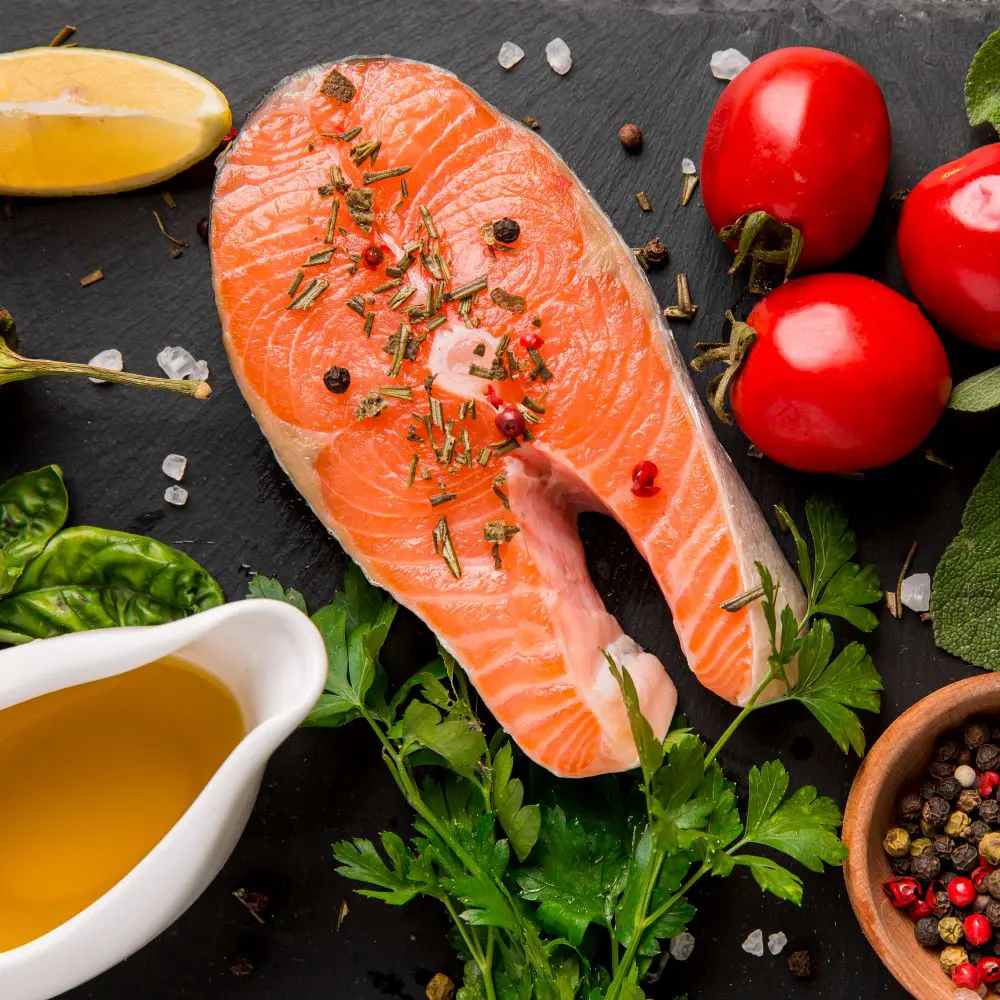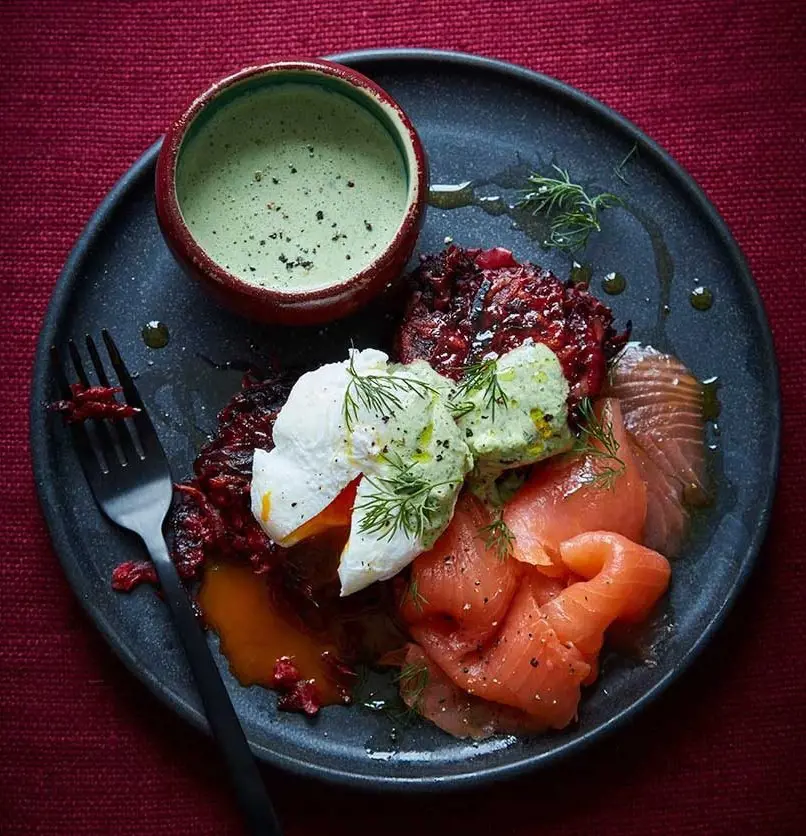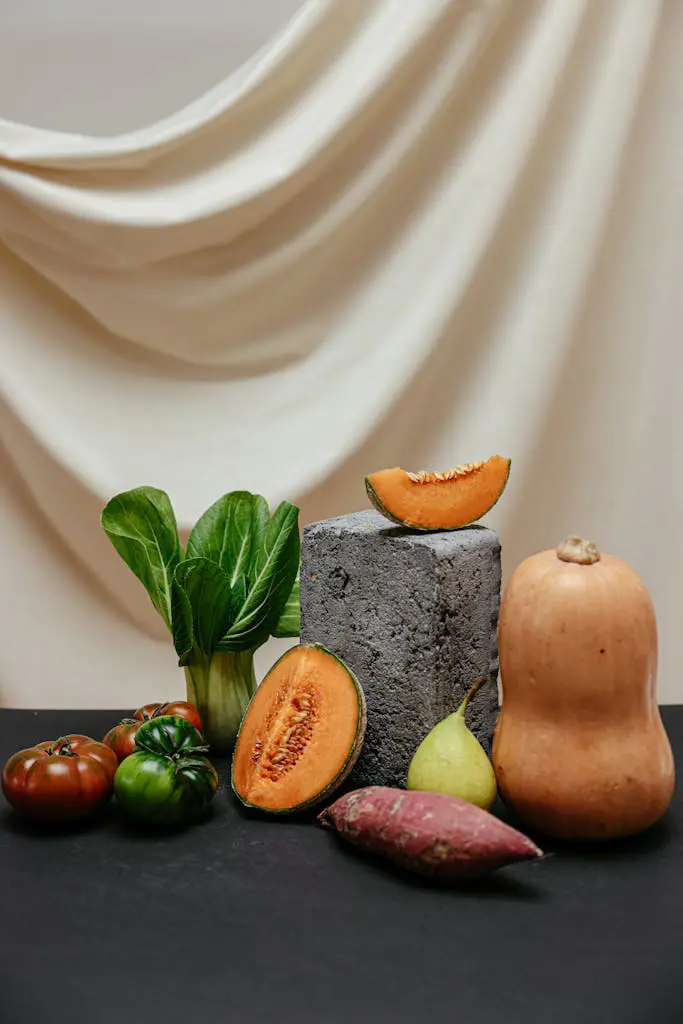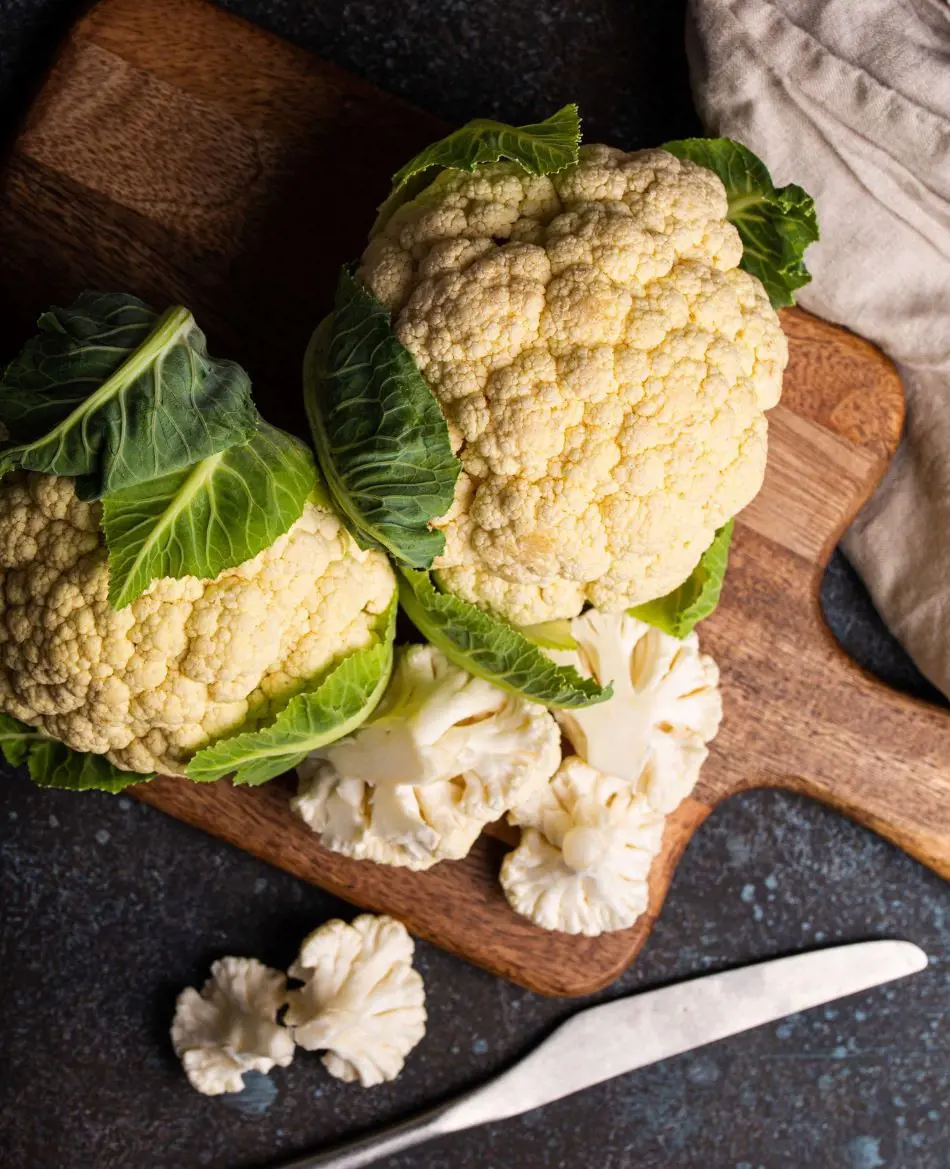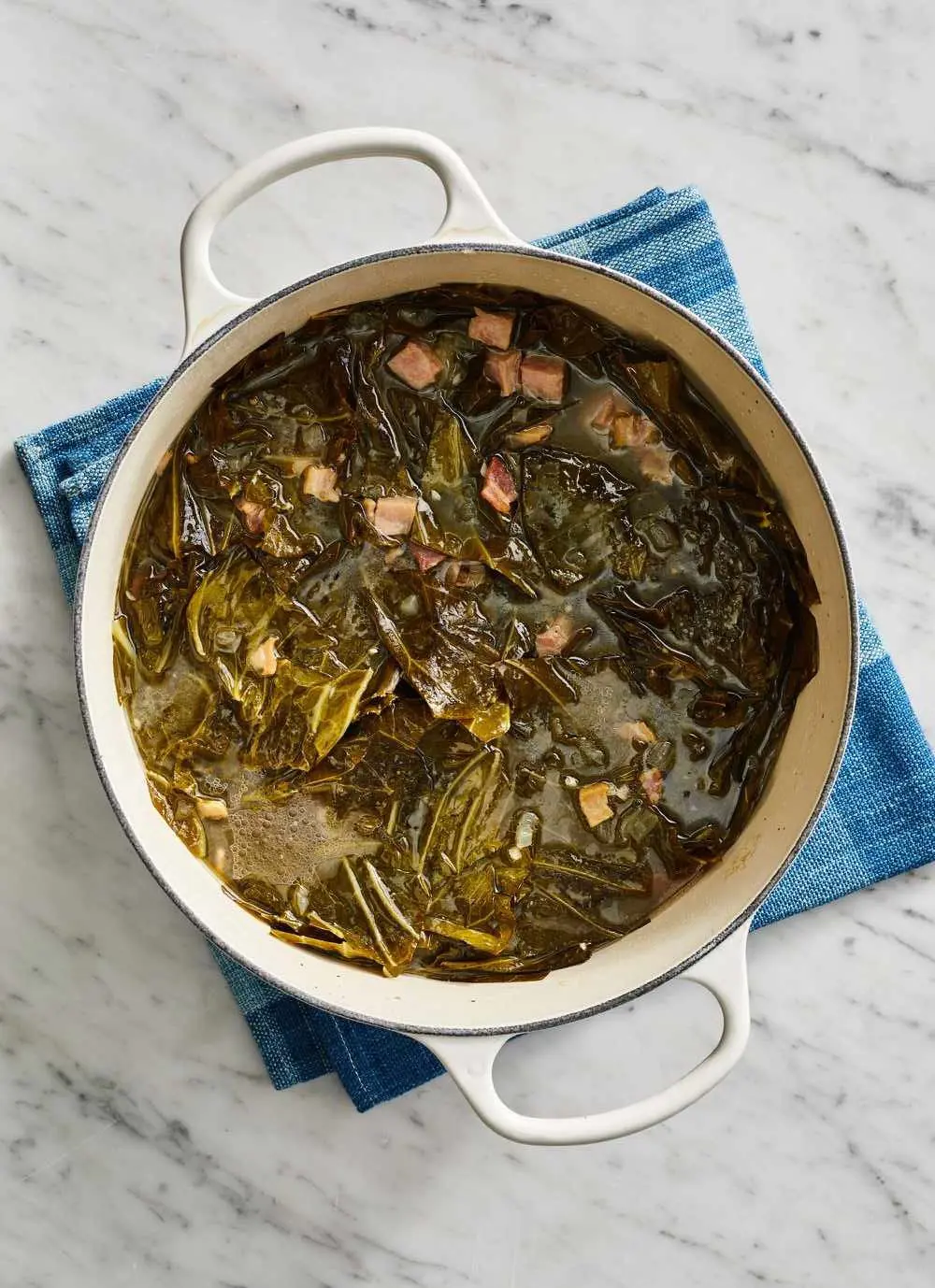20 Fruits That Are Rich In Vitamin C
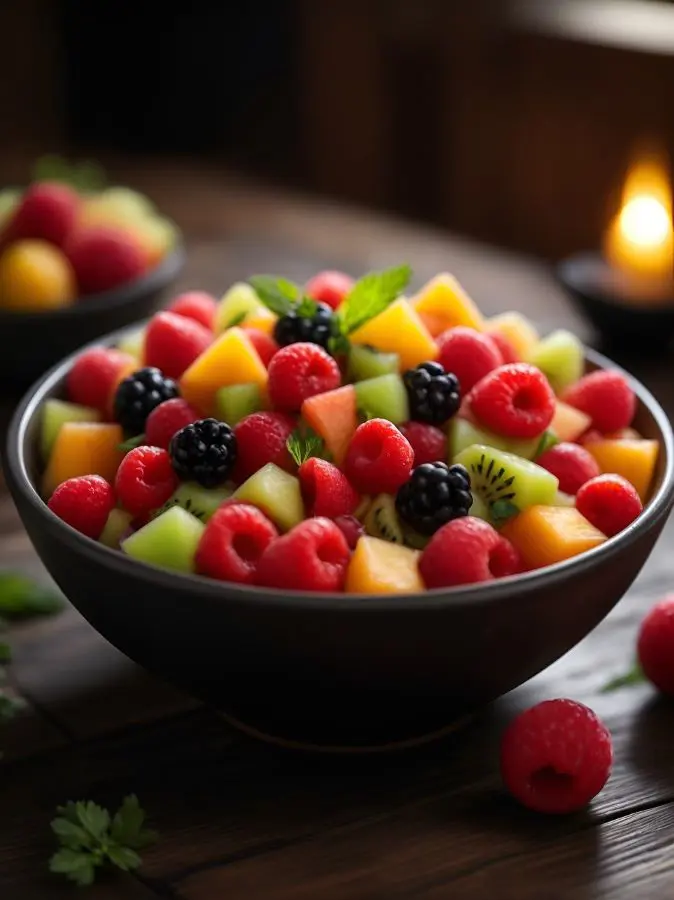
Fruits are nature's gift, bursting with vibrant colors, tantalizing flavors, and an abundance of essential nutrients. Among this bountiful harvest, there is a remarkable group that shines brightly as true vitamin C superstars.
Join us on a tasty and healthy journey as we explore the top 20 fruits rich in vitamin C, an important antioxidant. Vitamin C helps boost our immune system, keeps our skin healthy, and helps our body absorb iron.
1. Kiwi
With a vitamin C content of 92.7 mg per 100 g in green kiwifruit and an impressive 161.3 mg per 100 g in the yellow-fleshed SunGold variety, kiwi provides nearly three times the amount of vitamin C found in oranges on an edible flesh weight basis.
Eating just one kiwifruit a day can help maintain the recommended vitamin C intake of 80 mg per day in Europe, and a single serving of two kiwis provides 137 mg of vitamin C, according to the USDA, with the gold variety containing even more.
Kiwifruit stands out for its high vitamin C content, with the green Hayward type usually having between 80 and 120 mg per 100 grams when fresh.
2. Papaya
A single serving of papaya provides an impressive amount of vitamin C, often exceeding the recommended daily intake. Specifically, a 100-gram serving of papaya contains around 95.6 milligrams of vitamin C, which is well over 100% of the daily recommended value.
The high vitamin C levels in papaya are attributed to its unique nutrient profile. Papaya is rich in antioxidants like carotenoids, which contribute to its vibrant orange-yellow color. These antioxidants work synergistically with the abundant vitamin C to provide several health benefits.
In addition to its exceptional vitamin C content, papaya is a good source of other essential vitamins and minerals, including vitamins A and K, as well as potassium and fiber. This well-rounded nutrient profile makes papaya a truly versatile and beneficial fruit to include in a healthy, balanced diet.
3. Oranges

Oranges, the quintessential citrus fruit, are a standout source of vitamin C. With 59 mg of vitamin C per 100 g of fruit, oranges deliver a significant portion of the recommended daily intake in every juicy bite.
A medium-sized orange, weighing in at 131 g, provides an incredible 83 mg of vitamin C, which equates to nearly 93% of the daily value for females and 77% for males. This abundance of vitamin C makes oranges a powerhouse for supporting immune function, promoting healthy skin, and protecting cells from oxidative damage.
Oranges are packed not just with vitamin C, but also with a variety of other beneficial plant substances and antioxidants. With their natural sweetness, diverse varieties, and versatility in both whole fruit and juice form, oranges are a convenient and delicious way to incorporate this vital nutrient into your daily diet.
4. Guava
The guave provides over twice the daily recommended vitamin C in just one medium-sized guava (about 55 grams). It packs a whopping 228 milligrams of vitamin C, which is 138% of what you need each day.
This vital nutrient is a powerful antioxidant because it helps to protect cells from the damaging effects of free radicals. Vitamin C also plays a crucial role in supporting a healthy immune system and promoting the production of collagen, which is essential for maintaining supple, youthful skin.
What's more, guava's vitamin C content is complemented by a wealth of other beneficial plant compounds and nutrients. With its blend of fiber and potassium, this tropical gem offers a comprehensive boost to any diet, making it a versatile and valuable addition.
5. Strawberries
Strawberries contain an impressive 97 mg of vitamin C per 1 cup (152 g) serving. This means that a single serving of strawberries provides over 100% of the recommended daily intake of vitamin C. Just 8 medium-sized strawberries can fulfill your entire day's vitamin C needs.
The high vitamin C content in strawberries is due to their natural composition. As a fruit, strawberries are packed with water-soluble vitamins, and vitamin C is one of the most abundant.
This vitamin plays a crucial role in supporting immune function, promoting healthy skin and collagen production, and acting as a powerful antioxidant to protect cells from damage.
6. Kakadu Plum
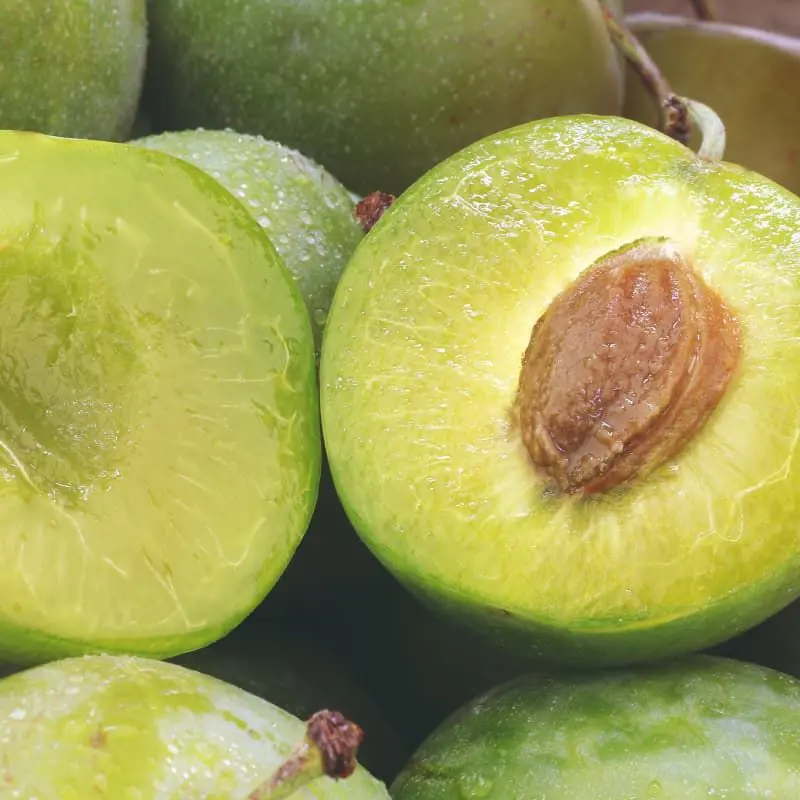
Unassuming Australian fruit, the Kakadu Plum is an absolute powerhouse when it comes to vitamin C. A mere 100 grams of this fruit contains a jaw-dropping 2,907 milligrams of vitamin C, which is over 4,800% of the recommended daily intake.
The Kakadu Plum earns its title as the world's richest natural source of vitamin C due to its extremely high levels. It contains over 100 times more vitamin C than oranges, which is why it's celebrated as a true superfood.
Likewise, they are also rich in other crucial nutrients like copper, iron, magnesium, and antioxidants. This well-rounded nutritional profile makes the Kakadu Plum a fantastic addition to any diet, providing a wealth of health-boosting compounds.
7. Blackcurrant
Blackcurrants boast an impressive 160-285 mg of vitamin C per 100 grams of fruit. It means that just a small serving of around 20 grams of blackcurrants can provide the entire recommended daily intake of vitamin C.
Beyond their exceptional vitamin C levels, blackcurrants are rich in other vital nutrients like anthocyanins, polyphenols, and essential vitamins and minerals. This well-rounded nutritional profile further contributes to the berry's reputation as a superfood.
Whether you enjoy blackcurrants fresh, in juices, or as a concentrated supplement, you can be confident that you're providing your body with a potent dose of vitamin C and other beneficial plant compounds.
8. Redcurrant
According to the research, redcurrants contain an impressive 41mg of vitamin C per 100 grams of fruits. A single serving of this stunning fruit can provide nearly half of the recommended daily intake of vitamin C.
Similarly, the vitamin C in this fruit helps to protect cells from damage, supports immune function, and promotes the production of collagen for healthy skin.
Besides their exceptional vitamin C levels, redcurrants are rich in other nutrients, for instance, anthocyanins, polyphenols, and essential vitamins and minerals. This well-rounded nutritional profile further contributes to the berry's reputation as a true superfood.
9. Gooseberry
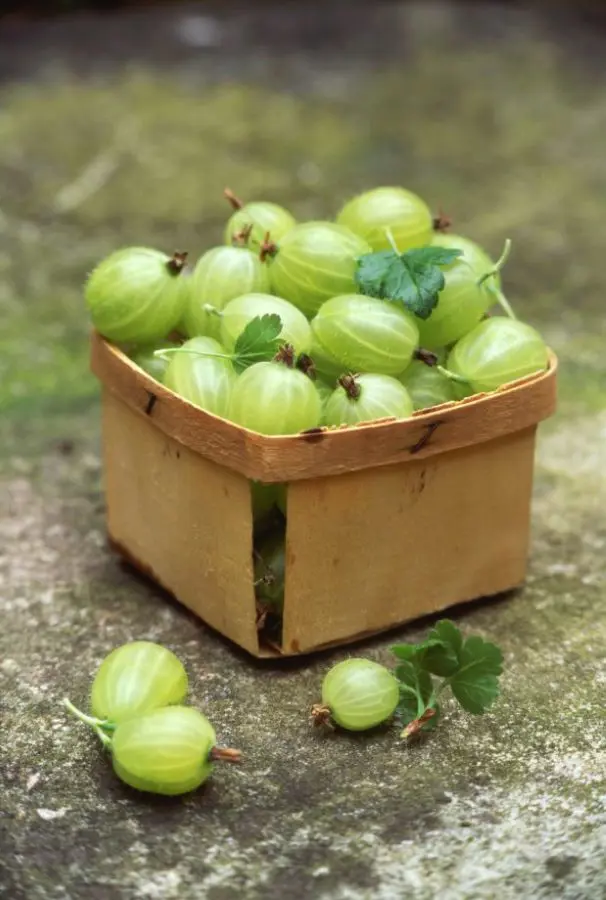
The humble gooseberry is another fruit filled with vitamin C, packing 44 mg of vitamin C per 100 grams. In addition, just a single cup of these tart, juicy berries provides over 50% of the recommended daily intake of vitamin C.
This abundance of nutrients makes gooseberries an excellent choice for supporting a healthy immune system, promoting collagen production for glowing skin, and protecting cells from oxidative damage.
From fiber and folate to potassium and antioxidants, gooseberries are a true superfood that can help you feel your best from the inside out.
10. Grapefruit
A single medium-sized grapefruit contains an exceptional 88 mg of vitamin C, which is over 100% of the recommended daily intake. The high vitamin C content in grapefruit is particularly beneficial, as this powerful antioxidant plays a crucial role in supporting immune function, promoting collagen production for healthy skin, and many more.
Studies have also shown that the vitamin C and other beneficial compounds found in grapefruit may help reduce the risk of certain chronic diseases, such as heart disease and some types of cancer.
Beyond its exceptional nutritional profile, grapefruit offers a refreshing, tart flavor that can be enjoyed in a variety of ways, whether eaten fresh, juiced, or incorporated into salads and other dishes.
11. Cantaloupe
Cantaloupe, the vibrant and refreshing melon, is a true vitamin C powerhouse that deserves a spot in your healthy eating routine. Just one delightful cup of this juicy fruit packs an amusing 60% of your daily vitamin C needs, that's over half the recommended intake in a single serving.
Being part of the Cucurbitaceae family, cantaloupe naturally produces a lot of antioxidants. These nutrients help the fruit stay healthy even in harsh environments where it grows.
Plus, this refreshing fruit is also brimming with other powerful antioxidants like lutein and zeaxanthin, which work together to safeguard your eye health and reduce the risk of age-related macular degeneration.
12. Lemon

One medium lemon provides over 30 mg of vitamin C, which is over 50% of the recommended daily intake. This makes lemons an excellent source of vitamin C, an antioxidant that supports immune function and skin health.
The high vitamin C content in lemons is a natural adaptation to help protect the fruit from environmental stresses in its native habitat. Lemons contain about 53 mg of vitamin C per 100 g of juice, which is more than apples, honeydew melons, raspberries or mangoes provide.
In addition, the vitamin C and flavonoids in lemons act as antioxidants, which help to neutralize free radicals and protect cells from damage. Eating the whole lemon, excluding the peel, provides the maximum health benefits from its vitamin C and other plant compounds.
13. Seaberry
Seaberry, also known as sea buckthorn, contains an exceptionally high amount of vitamin C, with up to 450 mg per 100 grams of the fruit. Seaberry's vitamin C content is so high that it is sometimes referred to as the "lemon of the north." This is due to the fruit's overly sour and tart flavor profile.
The high vitamin C in seaberry is a natural adaptation to help protect the fruit from environmental stresses in its native habitat in the Himalayas and other mountainous regions. It allows the fruit to thrive in harsh growing conditions.
Further, seaberry juice and other products made from fruit are excellent sources of vitamin C, with one study finding 180 mg of vitamin C per 100 ml of pure seaberry juice.
14. Camu camu
Camu camu contains up to 60 times more vitamin C than oranges. Just 100 grams of this fruit provide an astonishing 2,145 mg of vitamin C, which is over 3,500% of the recommended daily intake. This makes camu camu one of the most vitamin C-rich foods on the planet.
The high vitamin C levels in camu camu are due to the fruit's natural composition and growing conditions in the Amazon rainforest. The vitamin C content can vary based on factors like soil, humidity, and maturity at harvest.
In summary, camu camu is rightly considered a superfood due to its extraordinarily high vitamin C content, which far exceeds that of other fruits and makes it one of the most concentrated natural sources of this vital nutrient.
15. Mango
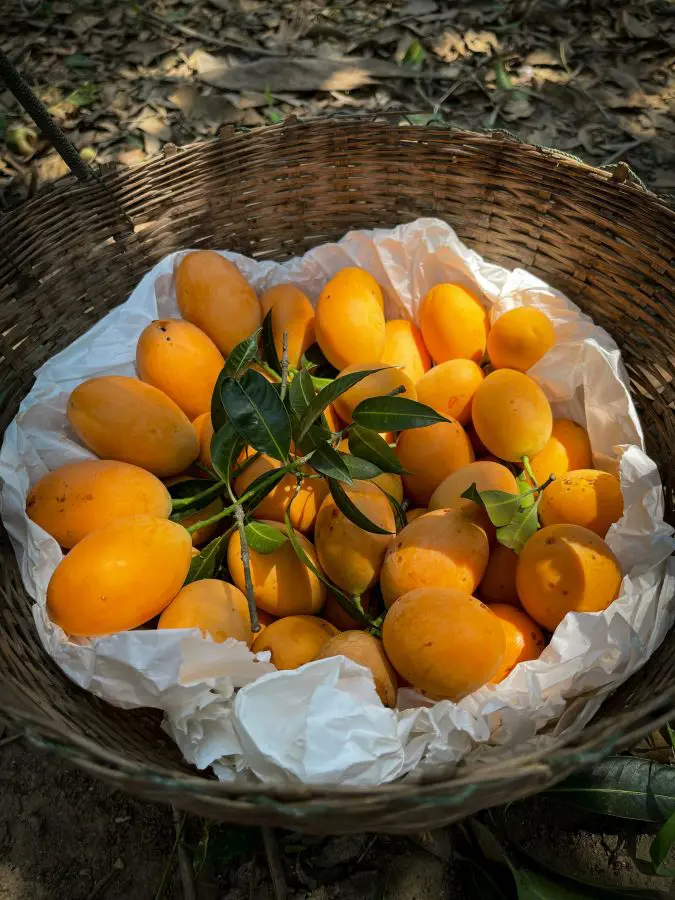
One cup (165 grams) of fresh mango provides nearly 67% of the recommended daily intake of vitamin C. This is because mangoes are naturally high in essential nutrients.
Similarly, they contain high amounts of vitamin C due to their natural; composition. As a tropical fruit, mangoes evolved to produce large amounts of this antioxidant vitamin to protect themselves from environmental stresses.
Overall, adding mangoes to your diet is an easy and delicious way to get a healthy dose of vitamin C.
16. Acerola Cherries
Acerola cherries are packed with vitamin C, offering an impressive 1,500-4,500 mg per 100-gram serving. This amount far exceeds the vitamin C found in other fruits like oranges and lemons.
What's unique about acerola cherries is that their vitamin C is highly bioavailable, meaning our bodies can easily absorb and use them compared to synthetic supplements, which may not be as effective.
Including acerola cherries or their extracts in your diet can significantly boost your vitamin C intake. This supports immune function, promotes healthy skin, and provides strong antioxidant protection for overall health.
17. Pineapple
Pineapple is well-known for being rich in vitamin C, offering 47.8 milligrams of this nutrient per 100 grams of the fruit.
Theys have a lot of vitamin C, providing 131% of the daily recommended amount. Even after being peeled and stored, they still maintain a good level of vitamin C, with about 24.8 mg per 100 grams.
The vitamin C levels in pineapples can be influenced by factors such as variety, environment, growth location, fertilizer use, and fruit maturity, with raw pineapples generally having higher vitamin C levels compared to ripe fruits.
In addition to its impressive vitamin C content, pineapple is the sole known source of the enzyme bromelain, which, along with vitamin C, contributes to the fruit's anti-inflammatory properties and potential health benefits.
18. Blackberries
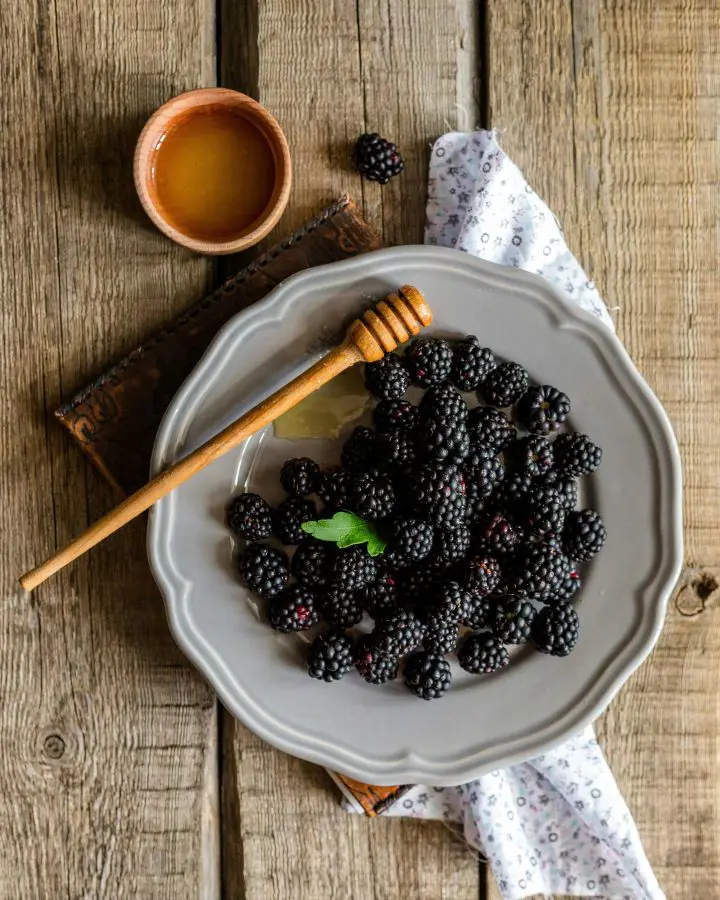
Blackberries are an excellent source of vitamin C because they provide 30.2 milligrams per cup, which is 33% of the recommended daily allowance (RDA).
As we discussed, vitamin C is a powerful antioxidant that plays a crucial role in various bodily functions. It is essential for protein synthesis, collagen production, and the formation of certain neurotransmitters. Plus, vitamin C contributes to a robust immune system helps heal wounds, and aids in absorbing iron from the diet.
19. Apples
Apples are a great source of vitamin C, even though they aren't as famous for it as citrus fruits. Some apple varieties have a lot of vitamin C up to 35-40 mg per 100 grams. This is quite a bit, considering adults need about 75-90 mg daily.
Most of the vitamin C in apples is in the skin and just below it, so eating apples with the peel gives you more of this vital nutrient. Different types of apples have varying amounts of vitamin C. For example, Caville Blanc, Sturmer, and Yellow Newton are high in vitamin C, while McIntosh has less.
Likewise, storage also affects vitamin C levels, for instance, Sturmer apples can keep their vitamin C for up to three months in cool storage, but others might lose half of it.
20. Cherries
Cherries are surprisingly rich in vitamin C. One cup of fresh, pitted cherries has about 9 mg of vitamin C, which is 10% of what you need daily. This vitamin acts as a powerful antioxidant, protecting your cells and reducing inflammation.
You can enjoy cherries in many ways, for example, fresh, in smoothies, baked in pies, or even dried. They are typically in season during the summer, so it's a great time to buy them from your local market.
Next time you want a sweet, juicy fruit, reach for cherries to boost your vitamin C intake and enjoy their health benefits.
Recent posts
Nutrition
Nutrition
Licorice Root: Benefits And Uses
You can spell it liquorice or licorice; this herb or root has been in use for centuries in most medicinal applications, as a natural sweetener and to enhance flavors. Regarding its origins, it comes from the root of the "Glycyrrhiza galbre" plant and...
Nutrition
Is Salmon Good For You? Nutritional Facts and Benefits
Salmon fish is a staple diet throughout the world, popular as a super food for its nutrients. Whether savored in sushi, poached, grilled, roasted, or pan-fried, salmon offers minerals and vitamins that contribute to healthy bodily functions. In addit...
Nutrition
25 Smoked Salmon Recipes That You Will Enjoy
Salmon is a silver-colored fish that is loaded with many nutrients, vitamins, and omega-3 fatty acids. Smoked Salmon is better for improving your health and reducing the risk of cancer, heart-related diseases, fights inflammation, reduces anxiety and...
Nutrition
Are Sausages Healthy? Nutrition And Health Benefits
Sausages are tasty in an addictive way, making them one of the most popular foods worldwide. You may have enjoyed this convenient food often, whether on a bun with mustard or grilled on a barbecue, the simple preparation methods are what makes its co...
Nutrition
20 Vegetables That Are Rich In Iron
Iron is essential for our bodies to function well. When we don't get enough iron, we often feel weak and tired. It's important to address iron deficiency early by eating the right foods. Fortunately, many vegetables are rich in iron and can help prev...
Nutrition
15 Cauliflower Nutrition Facts And Health Benefits
Cauliflower, a cruciferous vegetable, resembles a white variation of its relative, broccoli. Like broccoli, it has closely bunched florets attached to a thick core, often surrounded by a few leaves. While white is the most common color, cauliflower i...

